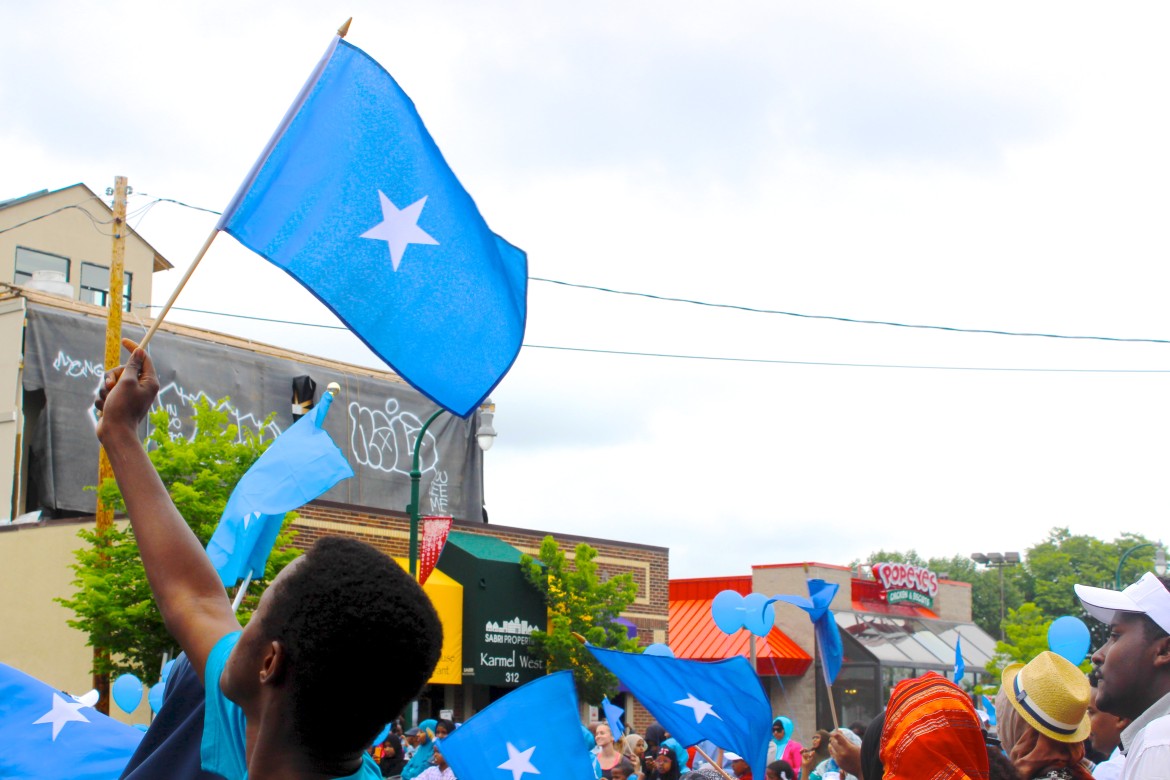At 60 years, should we celebrate or mourn?

Abdi M. Hersi and Afyare A. Elmi
On July 1, 2020, the Somali Republic will be 60 years old!
You may be surprised to know that the Somali Republic, often known as Somalia, became independent before most of its neighboring countries. In the IGAD region, Kenya, Uganda, Djibouti, Eritrea, and South Sudan all became independent after Somalia.
In its immediate post-independence era, Somalia became a beacon of hope for Africa as it successfully organized three democratic elections between 1959 to 1969, thus making Somalia the first African nation where power was transferred peacefully between two civilian leaders. Ironically, the contemporary realities of Somalia do not reflect the early head start.
Instead, violent conflicts, famine, piracy, and extremism have destroyed the country. On the political front, Somaliland is seeking to secede. There is also constant and unrelenting political crisis between the Federal Government and some of its Member States. On the security front, al-Shabaab and ISIS attacks are almost on a daily occurrence. Despite the efforts of reconstituting a national army and police, the African Union Mission for Somalia (AMISOM) still protects our government.
GENUINE REFLECTIONS
The supreme irony is that, after 60 years of being an independent country, the AMISOM troops that provide security to Somalia today are from some of the countries that became independent after Somalia, including Kenya and Uganda and the Djibouti in which Somalia vigorously and rightfully fought for its independence.
Yet, Prime Minister Hassan Ali Kheyre appointed a cabinet committee to organize the events of the independence week celebrations (26 June to 1st July 2020). Despite COVID 19 restriction, as the early preparations indicate, this year’s festivities will be more prominent. As usual, we tend to fill the days with non-stop extravagant celebrations and lose sight of having genuine reflections of what went wrong since independence and how not to repeat it.
Important questions and reflections about how we honored the sacrifices of those that fought for our independence are merely lacking. Equally important is asking ourselves the extent to which we can claim to be an independent country, bearing in mind that external influence on our domestic affairs is at its highest, we are unable to establish security, and the country is at the mercy of the neighbors.
Just to use this as an analogy, 60 years is about the average life expectancy of the Somali person. How many of these years represent a peaceful, productive, and democratic statehood in our country? No doubt, we wasted most of these precious years in conflict, poverty, migration, and lack of development. We think it is only fair to pose the question of whether or not we should celebrate or mourn. And if we insist on celebrating, how are we going to go about it?
MIXED EMOTIONS
Independence Day celebrations often evoke mixed emotions from different generations of Somalis. Those who have lived through colonization give it a much soberer reverence for the day recounting experiences of humiliation and ill-treatment. As they understand what it is like to be not free in your own country, their perspective is quite remarkable.
But alternative views have come to light in Post-Independence Somalia. For example, there is the perspective of those that have seen the best days of the united, strong, and independent Somali state. Generally, they have a sense of nostalgia about the return to those days. In particular, although most Somalis did not benefit from the statehood, many have accessed free education and health care services and enjoyed the pride of belonging to a recognized and respected nation.
The overwhelming majority of Somalis, in some estimates about 70%, were born around the time of the collapse of the Somali state. The only Somalia these latter groups know is a failed state, war, terrorism, and piracy. To put it bluntly, their views about their country are close to the dramatized Hollywood blockbuster movies like Black Hawk Down and Captain Phillips. The divergence of these different group’s perspectives indicates how Independence Day celebrations might have different meanings to different generations. So, how do we celebrate Remembrance Day?
GENUINE NATIONAL DEBATE
In the past, Somalia’s Independence Day celebrations have often been about showing off through military parades. Politicians lay a wreath of flowers into monuments of freedom fighters followed with a ritual celebration dinner with live music and drama that includes classic patriotic songs. However, the country has gone backward, and there is little to show-case about progress made since independence. For some, it is a painful reminder of how little things have progressed since independence.
In short, we think the best way to celebrate the independence days is that we should critically reflect on what we have gained and what we have lost for the past 60 years. Other than mediocre politicians, with empty slogans and speeches, reminding people that these days are worth remembering, the usual independence celebration events are rarely stocktakings of history.
At 60 years, we hope that we will invest time and energy into a genuine national debate about the nation’s journey. We hope that the Somali independence week will feature serious discussions among Somali scholars, students, elders, and the political class engaging in a genuine debate about what went wrong and how we forge forward in the future.
There are lessons to be learned from history, and we cannot just continue to pretend that we were independent 60 years, and everything was hunky-dory.
Dr. Abdi M. Hersi is an Adjunct Research Fellow, Griffith Center for Social & Cultural Research, Griffith University, Australia. Dr. Afyare A. Elmi is an Associate Professor of Security Studies, Gulf Studies Program, Qatar University, Doha, Qatar